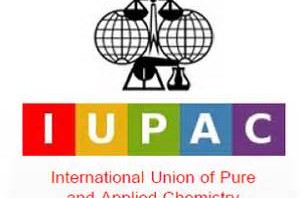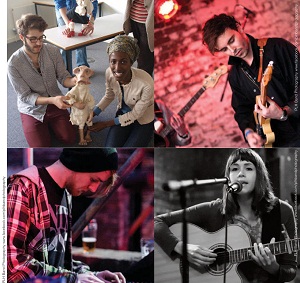The University of Kent is hosting, in association with IUPAC, the International Union of Pure and Applied Chemistry, the workshop Nanomaterials and Human Health: Trends and Future, on the 15th and 16th September 2014 at Keynes College. This 1.5 day workshop will engage in a broad critical discussion on cutting edge nanotechnology methods and concepts based on polymers, lipids, conjugates, and advanced multicomponent nanoengineered systems used in a wide range of applications.
The workshop will be provided for up to forty people and the registration will be free of charge (but please register by 15 August). The workshop will provide a dynamic, diverse and collegial environment with academic, industrial and regulatory viewpoints. Importantly, the meeting will also offer a unique opportunity for junior scientists to present their work in poster format and to exchange ideas with leaders in the field. We intend to critically assess the very timely and popular topic of nanomaterials within broader professional networks.
One of the specific goals is to create opportunities for collaboration and to strengthen the valuable relationship between basic and applied researchers working in the field of nanomaterial science.
Tentatively, there will be several well-recognised speakers, including Dr Didier Bazile (Head of Drug Delivery Technologies and Innovation. Sanofi-Aventis); Prof. Lisa Hall (Deputy Head of Department of Chemical Engineering and Biotechnology, University of Cambridge); Prof. Clive Roberts (Head of School of Pharmacy, Nottingham University); Dr Xavier Le Guevel (BIONAND, Spain); Prof. C. Nogues (Uni. Autònoma de Barcelona); and Dr Dave Smart (Smart Dx Consulting Ltd).
For more information, go to www.msp.ac.uk/research/iupacnanomat.html.

